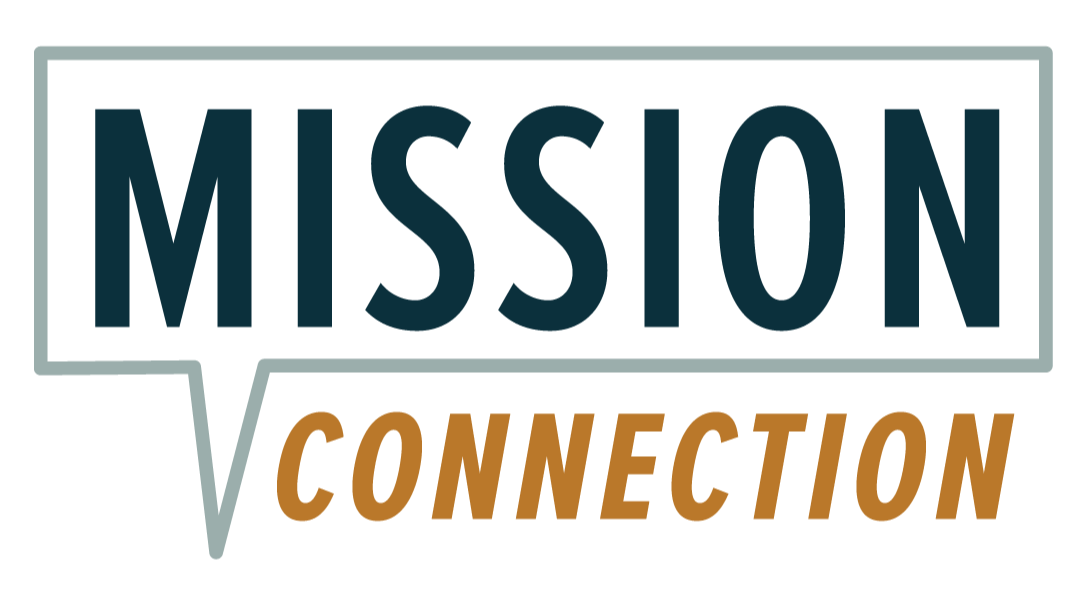How AI-Assisted Mental Healthcare Can Improve Accessibility & Patient Outcomes
How can we make mental health services more accessible? In its report, Mission Connection explores emerging AI technologies and their potential applications in mental healthcare.

As awareness of mental illnesses grows, so too may awareness of our own suffering arise. But it’s no secret that mental healthcare is hard to access, and that’s due in part to the fact that there just aren’t enough clinicians to get to patients in a timely manner. But what if machines - specifically AI - could help those clinicians? Mission Connection, a well-known outpatient mental health service provider, takes a look at the possibilities in its report.
Read the report at https://missionconnectionhealthcare.com/blog/mental-health-and-ai-the-future-of-psychological-well-being/
Mental Illnesses Affect Billions
Mental illnesses affect roughly one billion individuals worldwide, with recent estimates from the World Health Organization outlining depression as one of the leading causes of disability. Although awareness is growing on the social and economic impact of mental disorders, treatments are still largely inaccessible to many individuals due to long wait times, which are caused by extensive clinical backlogs.
With millions of people suffering from at least one mental illness, it’s not hard to see why clinicians are struggling to meet the demand.
The Role of AI in Mental Healthcare
The staffing shortage isn’t something that can be easily addressed. Therapists take years to train, and in that time, the number of people who need help may only double, triple, or possibly even quadruple. So, what’s the answer to this Sisyphean dilemma?
The answer lies in AI. Mission Connection’s report notes that the advent of AI technology offers promise for improved assessment and understanding of mental illnesses. According to the company, AI-driven tools can be used to support clinician expertise, analyzing speech patterns, facial expressions, and behavior to offer more precise diagnoses, which leads to more personalized interventions.
Moreover, data provided by AI technologies can double as an educational resource, facilitating ongoing learning and improving the overall quality of mental health services.
Mission Connection’s report also says that trials using AI in therapy have shown promising results, suggesting that the technology offers innovative ways to deliver mental health services. For example, AI-powered therapeutic chatbots can simulate conversations with a real therapist, offering immediate responses that align with cognitive behavioral therapy or other psychotherapeutic modalities. Similarly, AI-enhanced VR technologies have been effective when used in exposure therapy and patient monitoring.
Regardless of application, AI tools reduce costs in all areas, bridging equity gaps caused by healthcare expenses. Furthermore, because they are compatible with many forms of virtual communication, they can also improve access to mental healthcare in underserved communities.
Ethical Considerations
The key word here is support. AI won’t ever replace humans; instead, humans can use AI to help them deliver better care to more people. That covers ethical concerns on the clinician side. But how about the patient side?
Well, Mission Connection says that informed consent is vital for transparency. Its report stresses that emerging healthcare policies related to such technologies should prioritize quality care and equitable access while upholding patient rights. By establishing clear guidelines, AI can be used to support therapists in promoting better outcomes for their patients while ensuring accountability and that biases are avoided.
AI can be used for good, especially when it’s applied to an area in dire need of more support. Of course, this only scratches the surface of what it can do. If you want to learn more about future directions for this technology, check out Mission Connection’s full report on AI in mental healthcare.
Visit https://missionconnectionhealthcare.com/ to learn more.

